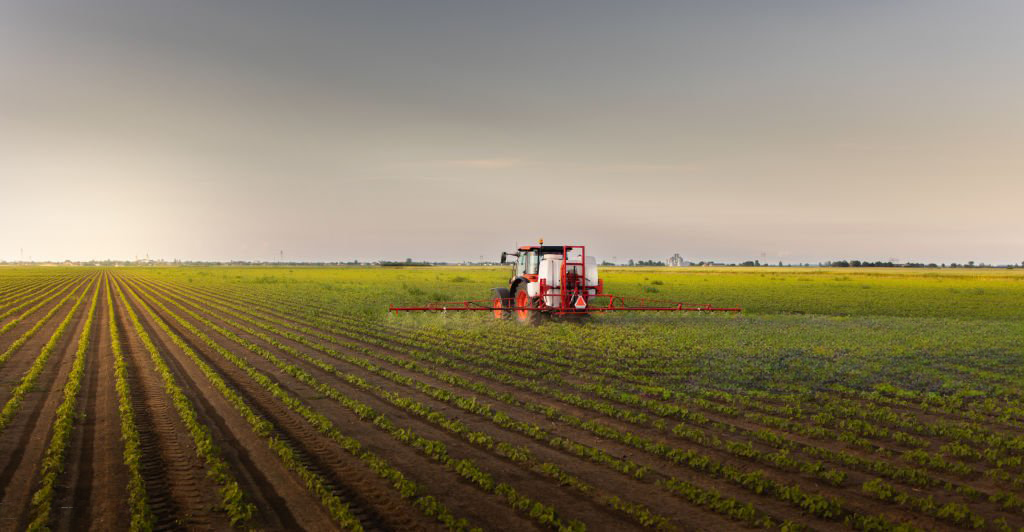When it comes to fertilising crops, farmers have a variety of options, but two of the most used forms are liquid and granular fertilisers. Both have their unique advantages, and the choice often come down to factors like crops being grown, soil conditions and personal preferences. However, one thing that’s often overlooked is the importance of proper storage to maintain the effectiveness and longevity of these fertilisers. This is where poly silos come into play, providing an ideal solution for storing both liquid and granular fertilisers safely and efficiently.
The Difference Between Liquid and Granular Fertilisers
Liquid fertilisers are typically water-soluble solutions that contain essential nutrients for plants, such as nitrogen, phosphorous, potassium. They are easy to apply and can be delivered directly to crops via irrigation systems or sprayers. Liquid fertilisers are often preferred for their quick absorption by plants, especially when crop is growing rapidly and require an immediate nutrient boost. Since, they are in liquid form, they can be more easily absorbed through the roots or leaves, making them highly effective for specific nutrient delivery.
On the other hand, granular fertilisers are solid, dry formulations that require spreading over the soil. These fertilisers are typically slow release, providing nutrients to crops over a long period. Granular fertilisers are a good option for crops that require a steady supply of nutrients over time, and they are often easier to store and handle than their liquid counterparts. However, they need to be incorporated into the soil to ensure proper nutrient distribution and prevent nutrient loss.
Storage Considerations for Both Types of Fertilisers
Storage is a critical aspect when it comes to maintaining the quality of fertilisers, whether liquid or granular. Improper storage can lead to clumping, contamination, or degradation of nutrients, which can ultimately affect crop yields.
For liquid fertilisers, the main concern is preventing contamination and evaporation. Liquid fertilisers need to be stored in airtight, temperature-controlled environments to avoid breakdowns of the nutrients, especially in extreme weather conditions. Exposure to heat or light can cause chemical reactions that render the fertiliser ineffective, which is why having a secure storage solution is so important.
Granular fertilisers, while less sensitive to temperature changes, still need to be kept in dry cool conditions to prevent clumping or absorption of moisture. If the fertiliser absorbs too much moisture, it can create hard lumps that are difficult to spread and can lose their potency.
The Role of Poly Silos in Fertiliser Storage
This is where poly silos become invaluable. These silos offer an excellent storage solution for both liquid and granular fertilisers. Enmach Poly Silos are designed with durability and practicality in mind, poly silos provide a safe and secure environment that protects fertilisers from moisture, contamination, and the elements.
For liquid fertilisers, poly silos are used to ensure that the fertilisers stay intact and free from external contaminants. These silos can also be equipped with monitoring systems to track temperature and humidity, ensuring the fertiliser remains in optimal condition. Poly Silos resistance to corrosion is especially important for storing liquid fertilisers, as traditional steel or metal storage options can rust and contaminate the product.
Granular fertilisers, on the other hand, benefit from the airtight seals and weather resistant nature of poly silos. These silos provide a clean, dry environment, keeping fertilisers in top condition for longer periods. The ease of access and simplicity of using poly silos means farmers can quickly and efficiently access the fertiliser when needed without having to worry about spoilage or damage.
Efficiency, Safety, and Sustainability
Poly silos are not only practical, but they also contribute to efficiency and sustainability in farming operations. By maintaining optimal storage conditions, they reduce the likelihood of nutrient loss and improve fertiliser usage efficiency. Farmers can store large quantities of both liquid and granular fertilisers without worrying about wastage, which helps to keep costs down and supports more sustainable farming practices.
Furthermore, poly silos are environmentally friendly. Their long-lasting construction means fewer replacements and less waste over time. And because they help maintain fertiliser quality, they contribute to reducing the amount of fertiliser that ends up unused or degraded, which can harm the environment through runoff and over application.
In the debate of liquid vs granular fertilisers, the choice ultimately depends on the specific needs of the crop, the type of soil, and the desired delivery method. But one thing is certain: both types of fertilisers require careful storage to ensure their efficacy. Poly silos provide an efficient, safe, and environmentally friendly solution to storage, helping farmers protect their investment in fertilisers while ensuring their crops get the nutrients they need to thrive. Whether liquid or granular, having the right storage system in place can make all the difference in achieving a fruitful harvest.
Follow us on Facebook and LinkedIn for the latest news and updates of products.

